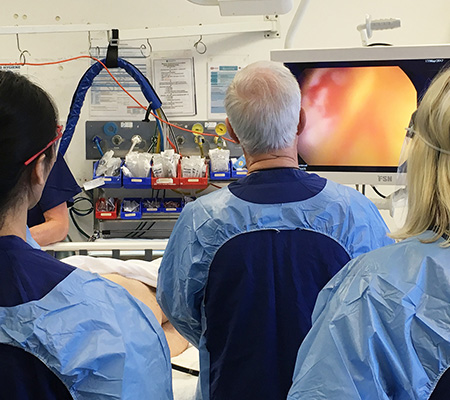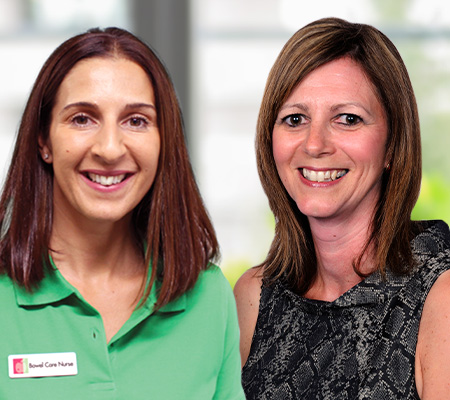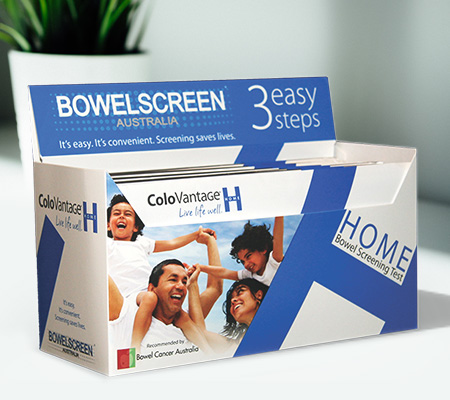During surgery to remove the tumour, a section of your bowel will have been removed. How much is removed varies from patient to patient, depending on the size and location of the tumour, but your digestive system is now learning to function again with this section of bowel missing. For some people, their body also has to adapt to the formation of a stoma during their operation.
This will inevitably lead to some changes in your bowel habit, although these changes will be more apparent for some. Patients can also experience changes in bowel habit whilst having chemotherapy or during and/or after a course of radiation therapy.
The two most common problems for patients during and after treatment are diarrhoea (passing loose poos) and urgency – when you need to go, you need to go now, or constipation – hard or infrequent poos.
It is important to manage your own expectation and be aware that it is unlikely your bowels will be exactly the same as they were before the operation. It might take a period of a few weeks or months to set into a 'new normal' routine and it's important to be patient – however difficult this might be.
It might be a good idea to keep a 'food diary' so you can record:
- What you eat
- When you eat
- The effect the food has on your bowels (including what happens and when it happens)
- How cancer treatment affects your bowel habit
You may then be able to identify patterns and remove the foods that cause any problems from your diet.
To a certain degree it will be a case of 'trial and error' to see what you can eat and what you can't.
You may also find that foods you can't initially tolerate can be reintroduced to your diet after a while with no problems. So don't be too disheartened if your favourite food upsets your system – you may well be able to eat it again in the future.
Maybe you could try eating your main meal at lunchtime to reduce the number of times you need to get up during the night. Also remember to keep drinking a sufficient amount of water if you are experiencing diarrhoea so you don't become dehydrated.
It is also possible to use medications to help reduce problems with very loose poos, under the supervision of either your Stoma Nurse or GP.
You can download our comprehensive patient information booklet Eating Well - Living With Bowel Cancer.
If your bowels aren't settling down
It may take you longer to adapt to changes if you are having chemotherapy or radiotherapy after surgery.
If your bowels really aren't settling into a new routine or you are experiencing ongoing weight loss, weight gain, pain or discomfort, talk to your GP or nurse. They may recommend referring you to a dietician or be able to prescribe medication to control the symptoms.
Remember you're not alone.
You may like to contact our Bowel Care Nutritionist for advice.










